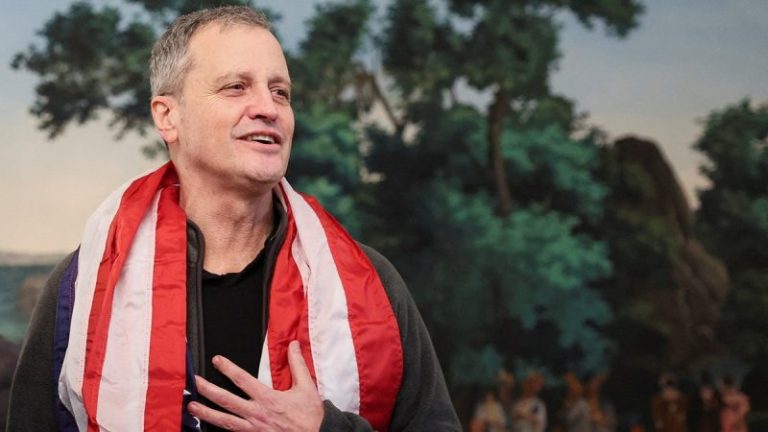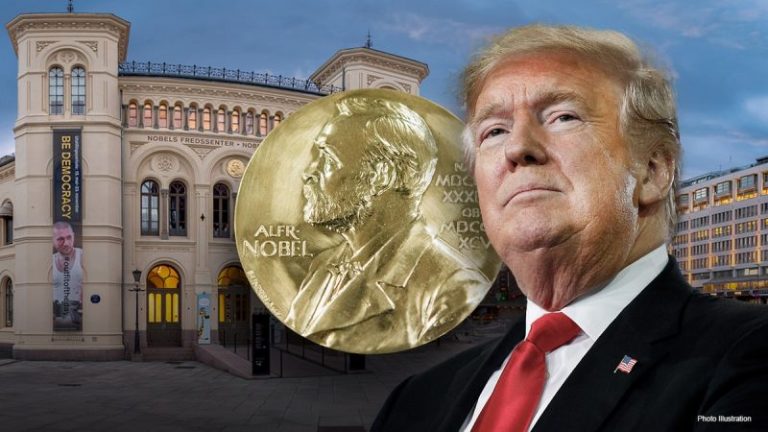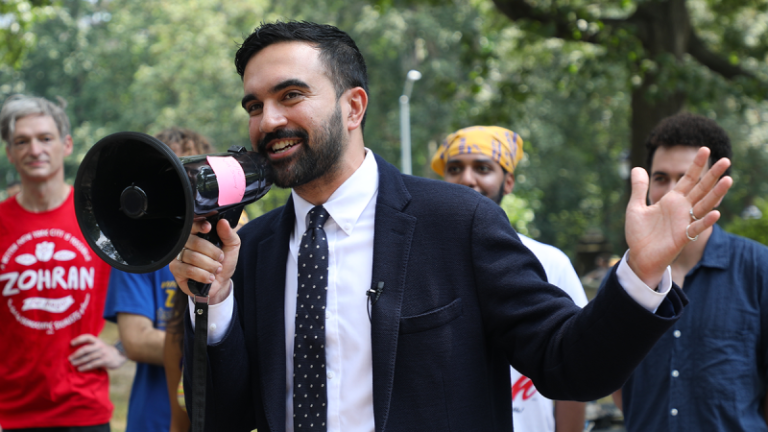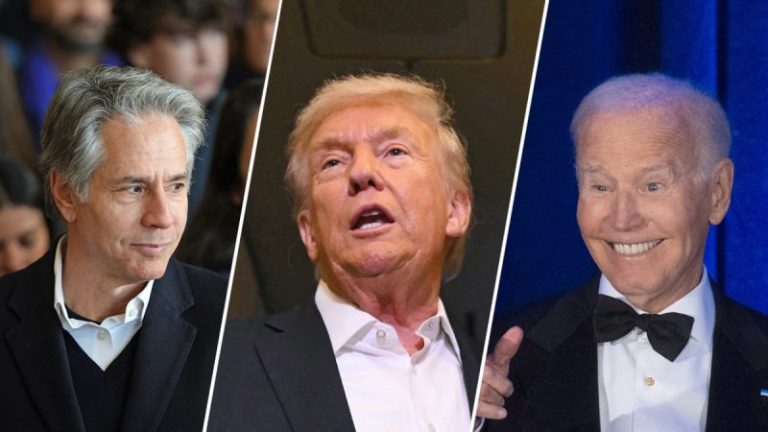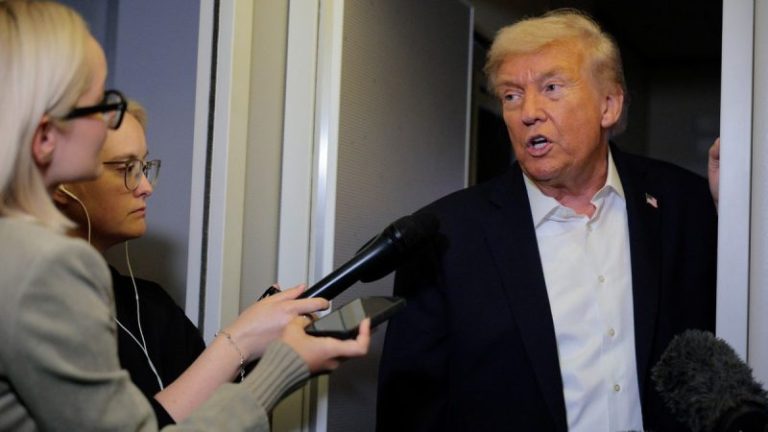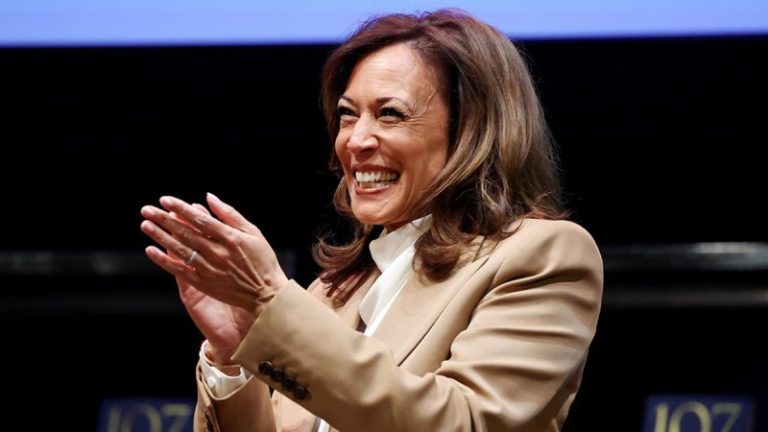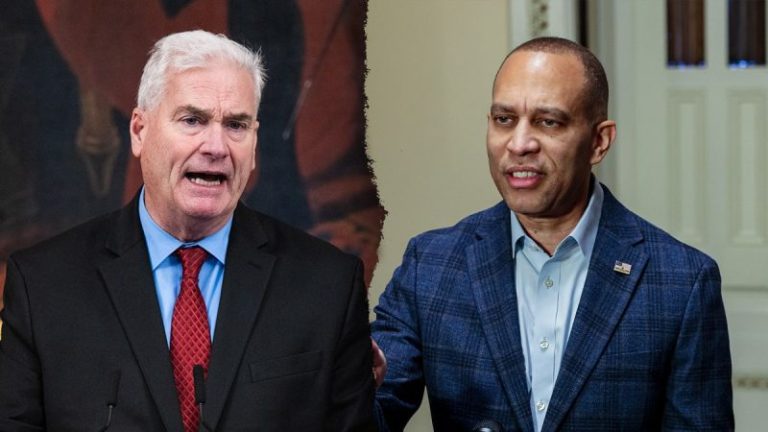President Donald Trump’s administration has secured the release of more than 70 U.S. hostages held by foreign governments since taking office in January,according to the State Department.
The Trump administration has emphasized arranging the release of U.S. hostages under his second administration, including Marc Fogel, a U.S. history teacher who had been detained in Russia since 2021, and Edan Alexander, a 21-year-old American–Israeli who spent nearly 600 days as a hostage after Hamas abducted him after its initial attack on Israel.
Hostages released since Trump’s inauguration include Americans who were detained in Afghanistan, Belarus, Venezuela, Russia, Israel, Tunisia, Kuwait and Cameroon.
A total of 72 U.S. citizens have been released since Trump’s inauguration in January, according to the State Department’s Office of Special Presidential Envoy for Hostage Affairs.
Since then, another hostage release occurred in September when U.S. citizen Amir Amiry was released from wrongful detainment in Afghanistan.
By comparison, former President Joe Biden said in 2024 his White House secured the release of more than 70 hostages during his four years in office, according to an August 2024 statement.
Trump claimed to have helped release 58 in his first term as president.
Trump met with Alexander at the White House Tuesday, exactly two years after Hamas’ initial attack on Israel. Alexander previously visited the White House in July.
Alexander was raised in Tenafly, New Jersey, and headed to Israel when he was 18-years-old to volunteer for the Israel Defense Forces. He lived with his grandparents in Tel Aviv before he was taken hostage by Hamas.
In February, Trump met with Fogel, who was arrested in August 2021 at a Russian airport for possessing drugs and was slated to serve a 14-year sentence. Fogel’s family said the drugs he had on him were medically prescribed marijuana.
‘I want you to know that I am not a hero in this at all,’ Fogel said after meeting Trump. ‘And President Trump is a hero.’
‘These men that came from the diplomatic service are heroes,’ Fogel said. ‘The senators and representatives that passed legislation in my honor — they got me home — they are heroes.’
Following Fogel’s return and after announcing the release of another, unnamed hostage held in Belarus, Special Envoy for Hostage Affairs Adam Boehler said in February Trump ‘has made bringing Americans home a top priority, and people respond to that.’
In less than a month into Trump’s second term, the White House said that he had secured the release of 11 U.S. citizens from foreign governments. Fox News Digital didn’t find any available data to compare numbers from Biden’s first month in office.
Just before Trump’s inauguration Jan. 20, both the Biden administration and the incoming Trump administration coordinated to secure a ceasefire deal between Israel and Hamas, which included provisions to release dozens of hostages on both sides.
Biden and Trump separately boasted about their individual efforts to secure the deal, and then-State Department spokesman Matthew Miller described the Trump administration’s involvement as ‘critical’ to getting the deal over the finish line.
Trump also touted his administration’s involvement in a social media post Jan. 15, claiming it occurred ‘as a result of our Historic Victory in November, as it signaled to the entire World that my Administration would seek Peace and negotiate deals to ensure the safety of all Americans, and our Allies.’
Although Biden said the two teams had been ‘speaking as one team’ during the negotiations, he also mocked suggestions that Trump was responsible for securing the ceasefire deal.
‘Who in the history books gets credit for this, Mr. President, you or Trump?’ Fox News’ Jacqui Heinrich asked Biden Jan. 15 after a White House news conference.
‘Is that a joke?’ Biden said.
When Heinrich said it was not, Biden replied, ‘Oh. Thank you.’
The Associated Press and Fox News’ Emma Colton and Landon Mion contributed to this report.

